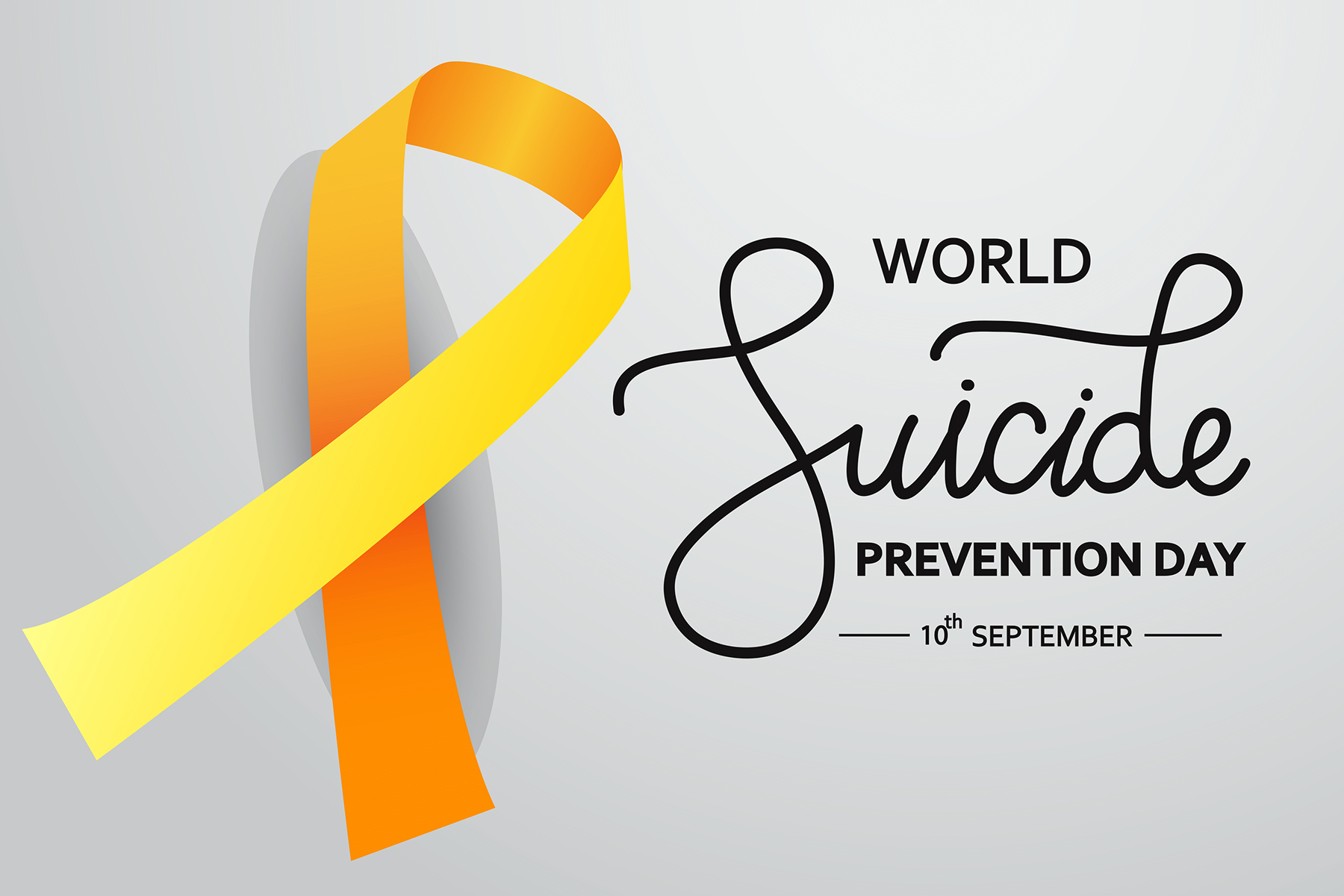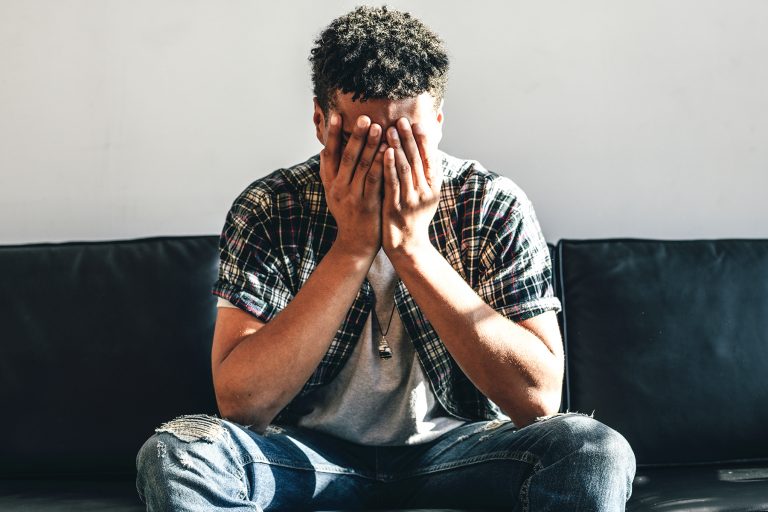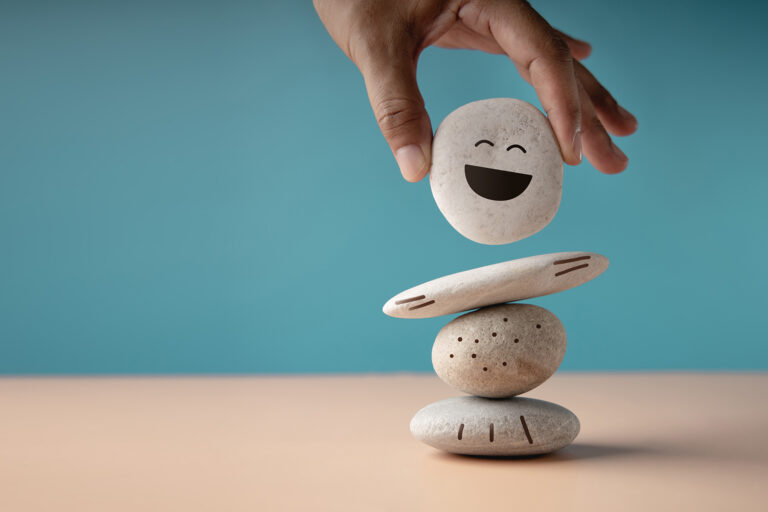The 10th of September is World Suicide Prevention Day, a day where this topic is in the spotlight and people are encouraged to talk about suicide, which many people feel is taboo. The call to action is to “Start the Conversation” and remove the stigma, so we can prevent suicide by offering support and help when people need it the most.
In this article, we’re starting the conversation about the link between suicide and addiction, as sadly, being addicted to drugs or alcohol significantly increases the risk of suicide. Addicts are up to 14 times more likely to die by suicide than the average person. This startling fact makes it even more important to ensure that people receive addiction treatment and overcome their addiction.
Suicide Facts and Figures
- Globally, more than 700,000 deaths from suicide occur each year
- But the problem is bigger than that! A 2021 study in the US found that 12.3 million adults had thought about suicide in the previous year, nearly 3.5 million had made a plan to commit suicide and some 1.7 million attempted suicides, in the US alone.
- The WHO recognizes suicide as a public health priority.
- Suicide is the fourth leading cause of death among 15–29-year-olds.
- There’s a strong link between suicide, depression and alcohol use disorders, with heavy drinkers being five times more likely to die by suicide than occasional drinkers.
- About 1 in 5 people who commit suicide use prescription opioids or heroin.
- Many people who commit suicide use marijuana, cocaine, or amphetamines.
- Suicides are preventable.
Why does addiction increase the risk of death by suicide?
The connection is complex and every person is different, but many people who are addicted to drugs or alcohol also have depression or anxiety disorders, which also put them more at risk of taking their own life. Many of our clients are using because of trauma and this same trauma has significantly impacted their confidence and sense of self, which often leads to feelings of distress, depression and anxiety.
In addition, the substance abuse itself has a very negative impact on mental health, making users feel depressed or more anxious, even if previously they did not feel this way. There is a lot of evidence that the effects of drinking can cause feelings of anxiety.
We’ve written about anxiety disorders and alcohol addiction before and how we’ve seen with our own eyes how many of our clients can stop taking medication for anxiety and depression once they are clean and sober. Unfortunately, using drugs, and drinking heavily fuels negative feelings, paranoia, a sense of self-loathing and the tendency to withdraw from loved ones and all of this increases the risk of suicide.
Drug and alcohol misuse also impairs judgement and damages the brain, limiting your ability to control your behaviour, removing barriers to acting on negative thoughts or suicidal feelings.
However, it’s not just addiction to drugs and alcohol that increases the risk of suicide. Gambling addiction has a very strong connection with suicide as well. According to The Conversation, research from different countries has shown that among people receiving treatment for problem gambling, between 22% and 81% have thought about suicide, and 7% to 30% have made an attempt.
Addicts tend to be desperate, have low self-esteem and their habits cause significant harm to their personal and professional life, leading to debt, cutting family ties and sometimes homelessness or crime. It is easy to feel worthless and believe that the world is better off without you when addiction has a hold over you, rather than seeing that life can be good again with the right help. But we’re here to tell you that overcoming your addiction is possible and with support your life can feel worth living again.
You can find out more about addiction and suicide risk on WebMD.
How to prevent suicide?
Talk about it! – Stop the stigma, and openly speak about suicide, making sure that people know that there is help out there and there’s always hope.
Be aware – Spot the signs of suicide risk and take them seriously. These include anyone talking about suicide plans or posting on social media about it, searching for guns or pills online, or contacting friends to say goodbye. They also include giving away belongings, and anyone saying that they are experiencing feelings of hopelessness or feeling trapped or without purpose. Other signs can be; experiencing uncontrolled anger or rage, withdrawing and isolating themselves, struggling to sleep or self-harming.
If you spot any of these signs, or suspect that someone you know is at risk of suicide, encourage them to seek help by speaking to their GP, or calling a helpline like the Samaritans. You can also speak to your Doctor or hospital and request help on their behalf if you feel they are in immediate danger of taking their life.
There’s some excellent advice on how to talk to people about suicide and help anyone who is suicidal on HelpGuide.Org.
How can you overcome an addiction and reduce your risk of suicide?
When addictions are out of control and depression, anxiety and money worries make it feel like life is not worth living, it’s time to get help. By removing the alcohol and drugs, you will be able to think more clearly and with therapy and counselling, you can start to feel hope and plan for a brighter tomorrow.
Residential rehabilitation programmes offer a safe space to detox and get intensive therapy for any mental health problems you may be experiencing. If you are having suicidal thoughts, tell the team before you arrive, so they can give you additional supervision, support and keep you safe.
However, if you’re not able or willing to go to a residential rehab facility, there’s still plenty of help out there. You can start by visiting your GP, or attending an AA meeting and start the journey through the 12 steps to free yourself from your addiction and work on your mental health.
Be honest about what you’re feeling, so that your doctor, or your AA support group can offer advice on how you can best overcome the negative thoughts and reduce your risk of suicide. Therapists and counsellors can work with you on your addiction and your mental health, to understand why you are drinking, taking drugs or gambling and offer practical methods for improving your mood and stopping your destructive behaviours.
Once you ask for help, things will get better! We know that anyone can break the cycle of addiction and we can help you to beat this disease. Contact us to take the first step to overcoming your addictions today and find out more about our addiction treatment programmes and our rehabilitation centre in Spain.




